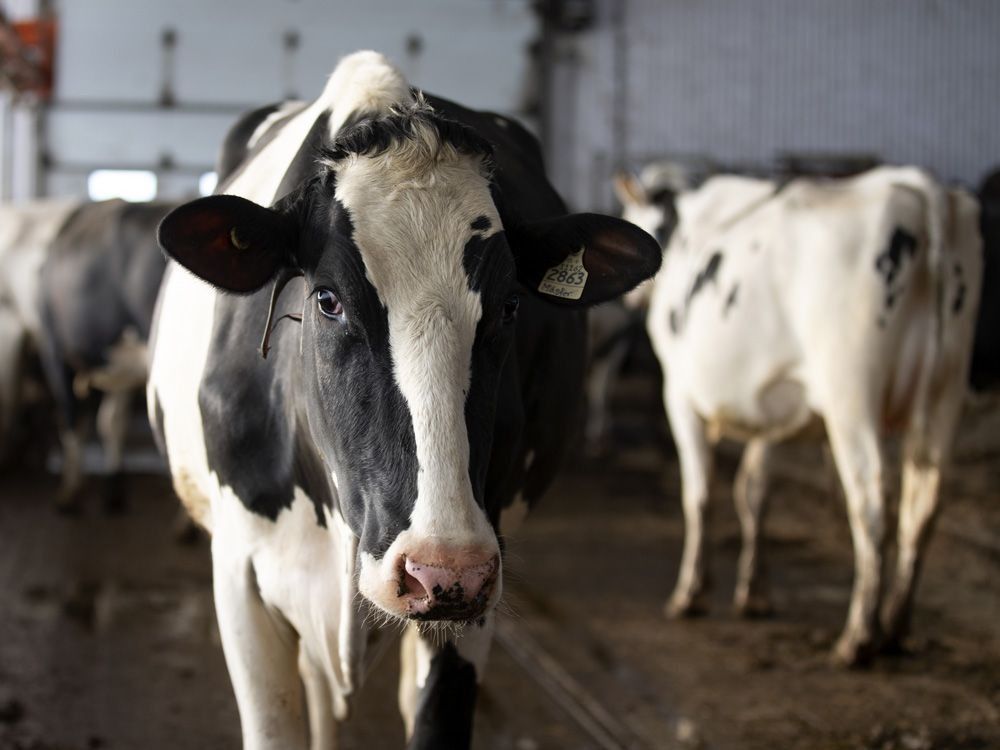
Andrew Richter: Keeping supply management is economic suicide
Government controlled quotas and prices threatens free trade deal with U.S.
There is no need in this article to review Canada’s commitment to this program. Suffice to say all of the major political parties remain strongly supportive of it, and thus regardless of which party is in power allegiance to supply management seems to unite them (not to mention that a parliamentary bill passed last month aims to ensure that no concessions are even possible in trade talks).
On the surface, the question is absurd. Supply management primarily benefits approximately 10,000 dairy farmers (down from 150,000 when the program began) most of which are in Quebec and Ontario. These farmers earn relatively high incomes and enjoy price guarantees that no other Canadian farmers receive. But the program results in higher food costs for 40 million Canadians.As for the question of how much Canadians pay as a result of supply management, studies have shown that the average Canadian family spends up to $600 more per year because of it, and they have less choice at the grocery store. These extra costs are borne most heavily by lower income citizens, who pay a higher proportion of their income on groceries.
School me again on why supply management is so great? Because some American milk have bovine growth hormone? $600 in this economy is a lot.Thus a question worth considering is what accounts for this support. No doubt part of the explanation is the power of several key domestic interest groups. Both the Dairy Famers of Canada and the Egg Farmers of Canada spend heavily on ads promoting it, and they have succeeded in persuading many Canadians that supply management results in safer products and more consistent supply.
In addition, supply management has strong support from most of Canada’s media. The Toronto Star and the CBC go apoplectic at the mere mention of changes to it, and the generally centrist Globe and Mail is also quite supportive, in spite of its (supposed) commitment to free markets. Only National Post offers consistent criticism.
And lastly, supporters have succeeded in persuading Canadians that the program’s demise would decimate our dairy sector, as they argue that domestic producers could not possibly compete with larger international players.
That last argument is particularly questionable, as there is little reason to doubt that in the absence of state-controlled quotas and prices, Canadian dairy farmers would become more efficient and innovative.
Upvote
13
